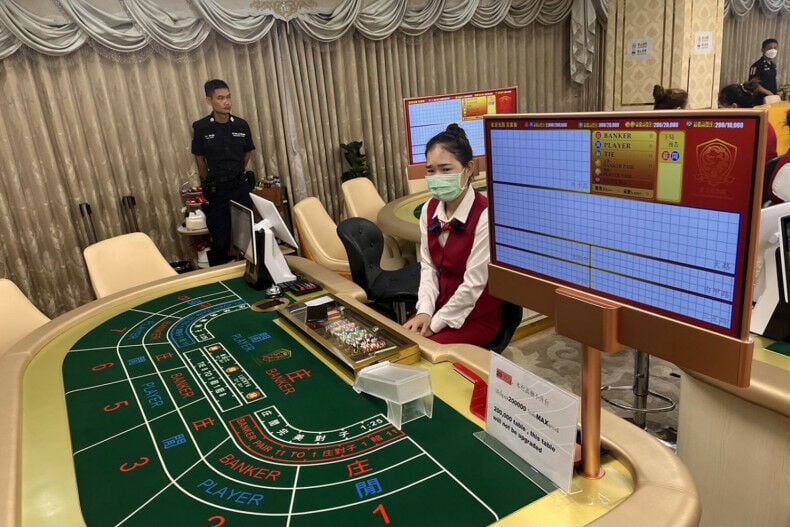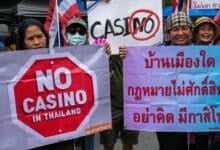Thai government stakes its future on casino complex amid pressure

The Government of Thailand is under pressure to review the specifics of the proposed casino and entertainment complex, aimed at boosting economic growth. According to Senator Sangsit Piriyarangsan, who has been investigating casino legalisation, the current plan requires adjustments.
Sangsit argues that the bidding process for the casino complex project should not be exclusive to Thai companies. By enabling foreign entities to participate, concerns of favouritism, corruption, and lack of transparency could be mitigated. He maintains that this approach would enhance public confidence in the project, assuring it is for the nation’s benefit.
Furthermore, Sangsit believes the stipulation that the proposed casino complex must be within 100 kilometres of an airport hinders potential investment. He suggests less stringent parameters and recommends emulating the Singapore model, where casino complexes cater to meetings, incentives, conferences and exhibitions (MICE) groups and gamblers alike. He also calls for an efficient transport system, like an electric train service, to link the venue to the airport.
To counteract the potential negative effects of gambling, Sangsit proposes implementing measures such as an entrance fee of 2,000 baht per person and a minimum age restriction. He also advocates for a system where families can report gamblers to a gambling control committee if gambling is causing detrimental economic impact.
Sangsit insists that the law should clearly specify how much revenue from the casino complex will be used for public benefit. He suggests that these funds could be allocated to care for the elderly, contribute to public health, and establish a fund against youth gambling and treatment for gambling addicts.
Moreover, Sangsit urges the government to expedite the bidding process and shorten the completion timeline for the winning private sector bidder to one-to-two years, preventing potential delays due to rapidly changing market conditions and demand.
Integrated entertainment
Deputy Finance Minister Julapun Amornvivat, chairman of a special House committee studying the potential of an integrated entertainment complex and casino, stated that such a complex would combine various types of entertainment, promoting a new format of tourism to increase state revenue while addressing illegal gambling issues.
According to Statista, integrated entertainment complexes worldwide were valued at US$1.5 trillion in 2022, with a projected growth of US$2.2 trillion by 2028. Macau, the US, Singapore, South Korea, the Philippines, Vietnam, and Indonesia are among the countries with the highest income from this sector.
Studies indicate that integrated entertainment complexes significantly impact Singapore’s economy, attracting over 300 billion baht in foreign investment, expanding tourism revenue by 47%, and creating over 20,000 high-income jobs.
The study submitted to Parliament on March 28 revealed that the legalisation of integrated entertainment complexes and casinos decreased the rate of gambling addiction and illegal gambling. The study also noted that revenues from casinos consist of three key components: the casino tax, licensing fees, and a casino entry fee.
The Thai House study suggested that the country could increase tourism revenue by about US$12 billion by legalising casinos in large entertainment complexes. The additional income could bolster the country’s GDP growth by 1.16 percentage points.
Latest Thailand News
Follow The Thaiger on Google News:


























